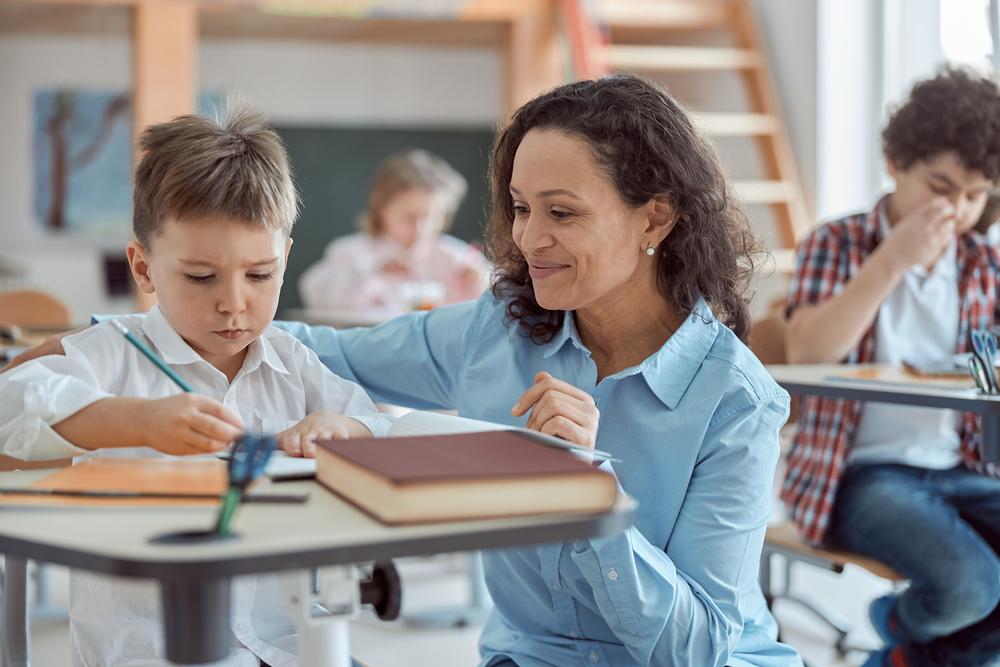Australian psychologists have found a solution that could give worn-out parents new hope after it was shown the improvements in disruptive behaviour learned by the children had lasting results well after the new behavioural therapy ended, compared with existing treatments.
Clinical psychologist specialising in behaviour problems in children Georgie Fleming said they saw a sustained improvement in the kids aged between three and seven who got the specialised treatment they developed.





